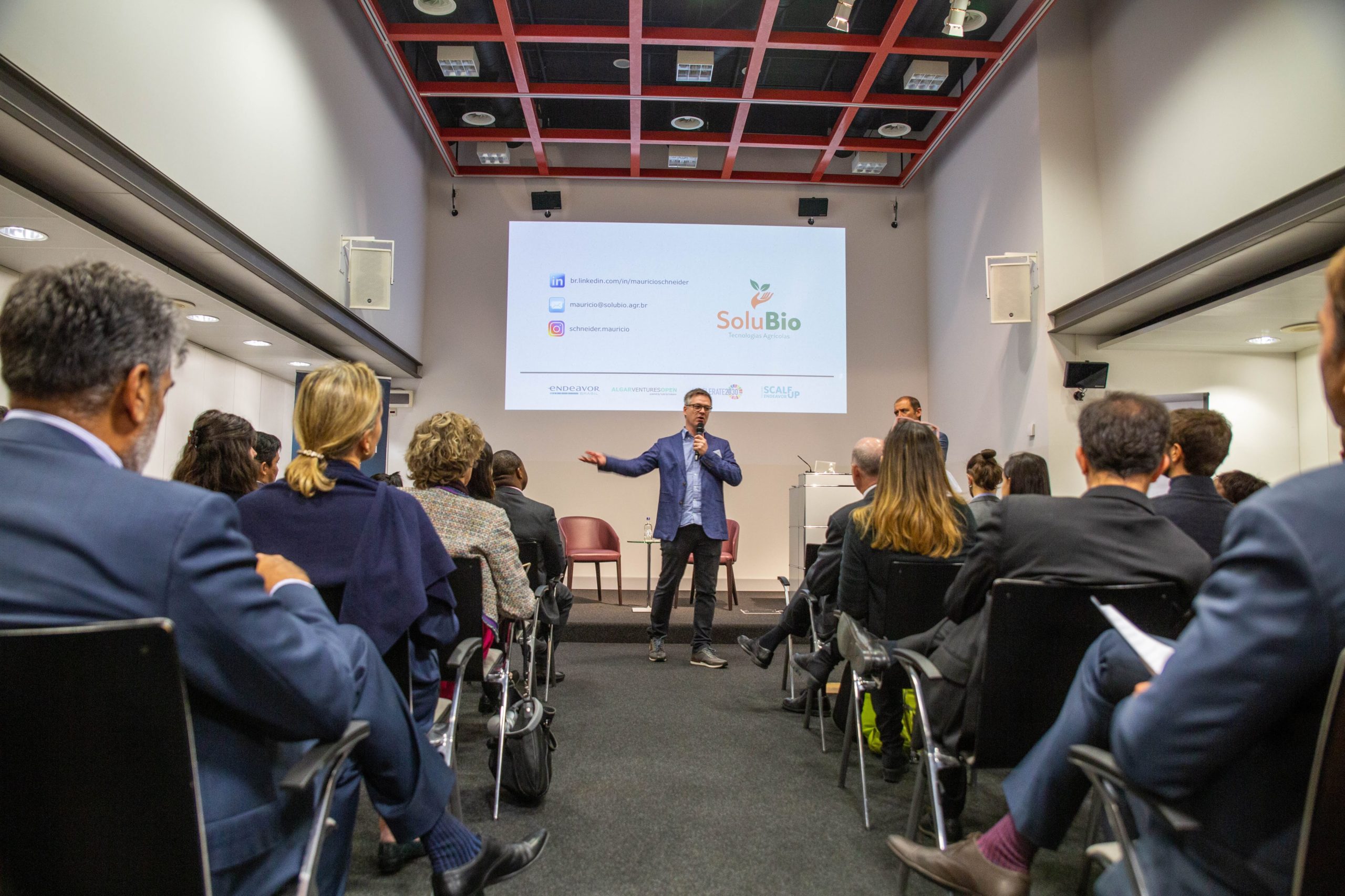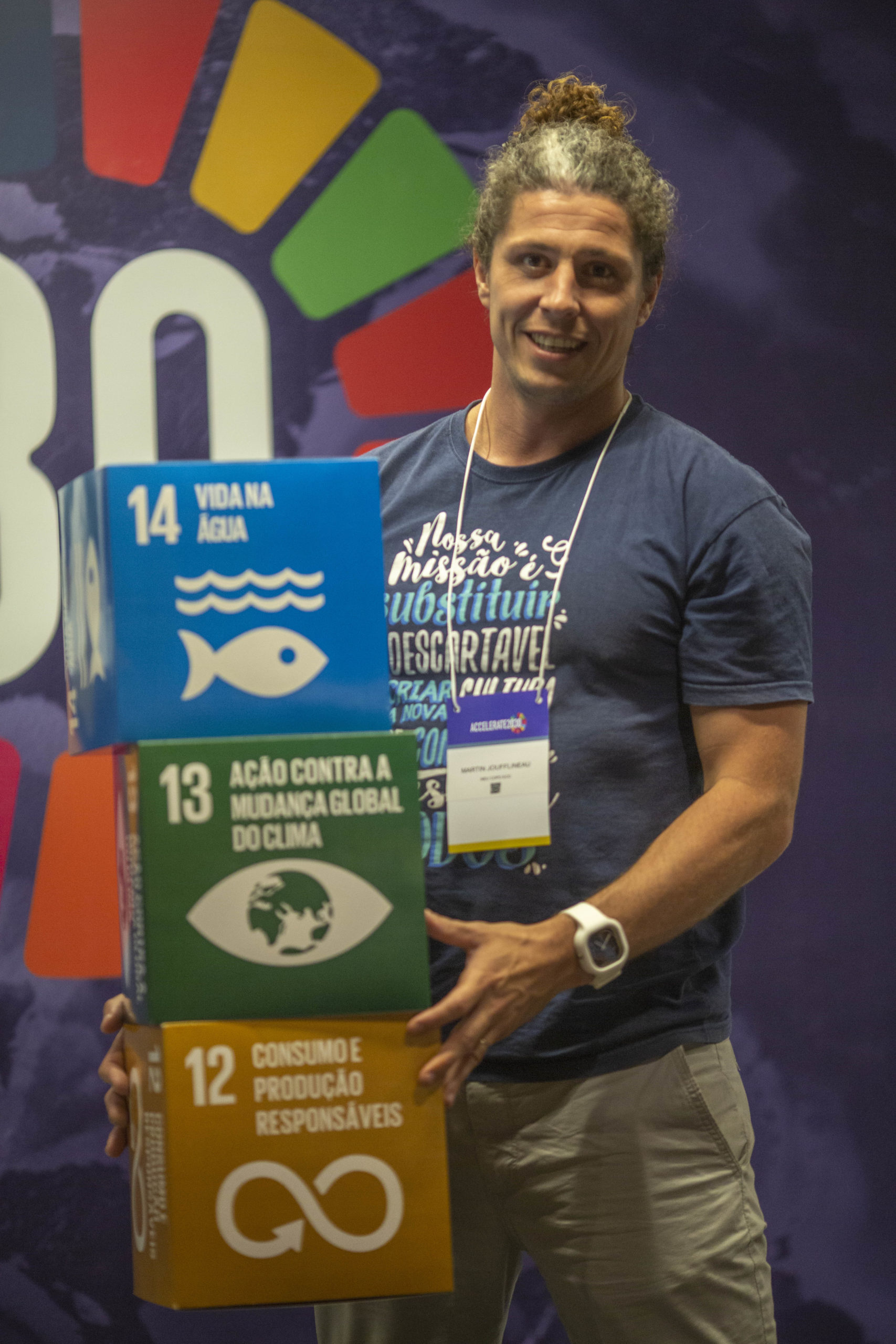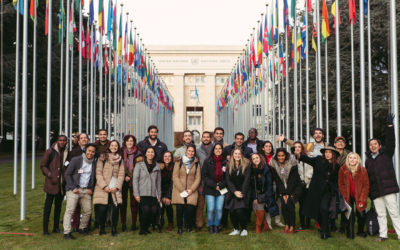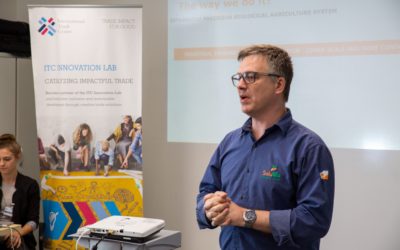Syncing compatibility to drive a circular economy theme.
When IH Belgrade and the UNDP Country Office in Serbia started their collaboration in 2019, they wanted to ensure they were focusing on the country’s priorities, leveraging each other’s strengths, and building on existing efforts.
Previously, in 2018, recognizing the benefits of a circular economy for the environment, innovation, economic growth and creation of new jobs, UNDP had initiated the project “Circular Economy Platform for Sustainable Development in Serbia”.
This was an ideal theme to build the collaboration on within Accelerate2030, as circularity represents a concrete strategy to achieve the Sustainable Development Goals.
The UNDP and Impact Hub team joined forces locally to launch a Circular Challenge within Accelerate2030, focused on finding innovative solutions that encompass a business model of a circular economy and can include: the development of services that replace product purchases, resource recovery, product life cycle, or platform resource platforms.
Organizing the partnership to leverage strengths.
Impact Hub Belgrade and UNDP collaborated on several specific aspects, each leveraging their strengths for the benefit of the other. This is how they organized their process:
- Step 1: Aligning on programme timeline and structure, and sharing their channels of communication and networks.
- Step 2: Updating the generic selection criteria to include this focus for the entrepreneur applications.
- Step 3: Finally, the UNDP contributed a jury member for the final pitch for the global programme.

An Entrepreneur’s Story: Circular Economy in Action.
The partnership proved to be effective and beneficial to both parties, generating a lot of interest from the business community, with Ekofungi, one of the Serbian national finalists being selected in the global group of 9 finalists from across the world.
Ekofungi is a mid-sized organic mushroom producer who exemplifies the shift towards circular economy. Using an innovative circular mushroom-production model, Ekofungi harnesses local cellulose-based wastes in a 30-km radius to create mushroom substrate, cultivating mushrooms using unique energy-efficient innovations. After growing the mushrooms, the residue of the substrate is then composted for farmers to fertilise their soil. Ekofungi’s circular model of production has been recognized by OECD as the first circle economy model in Eastern Europe.
Key success factors driving the collaboration.
Reflecting on the collaboration, Pavle Krivokuća, Managing Partner & COO at Impact Hub Belgrade, shared that there were 5 essential elements that made their collaboration so successful:
- Both entities have a strong global approach.
- Clear expectations: Everyone understood who was doing which tasks.
- They both valued co-creation and transparency.
- Proper focal points: They clearly knew who to turn to for different needs.
- Flexibility to meet the needs of the entrepreneurs: streamlining content for them and simplifying the administrative processes.
Focus on Circular Economy in the 2021 Edition
In 2021, Accelerate2030 will have a particular focus on Circular Economy. According to the latest Circularity Gap Report, the pathway to a low carbon future is circular. The goal of the Paris Agreement is to limit global warming to 1.5 degrees above pre-industrial levels, which can only be achieved by way of a circular economy which is both complementary and mutually supportive to the low-carbon agenda.
Therefore, in 2021, with the support of the MAVA Foundation Accelerate2030 will run dedicated pilots in 5 countries, with possibility to integrate the theme in other countries with such interest. Learn more here.




0 Comments